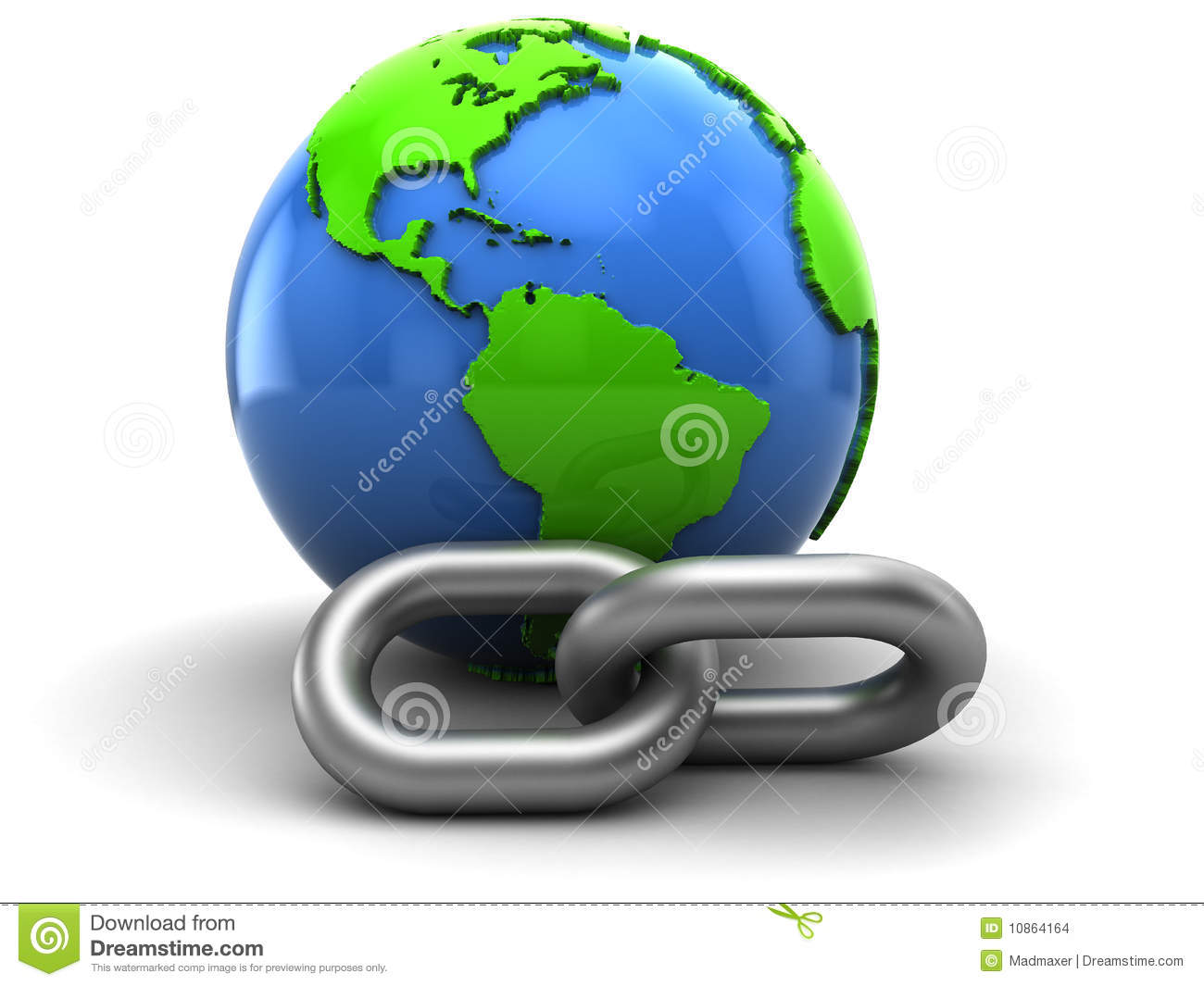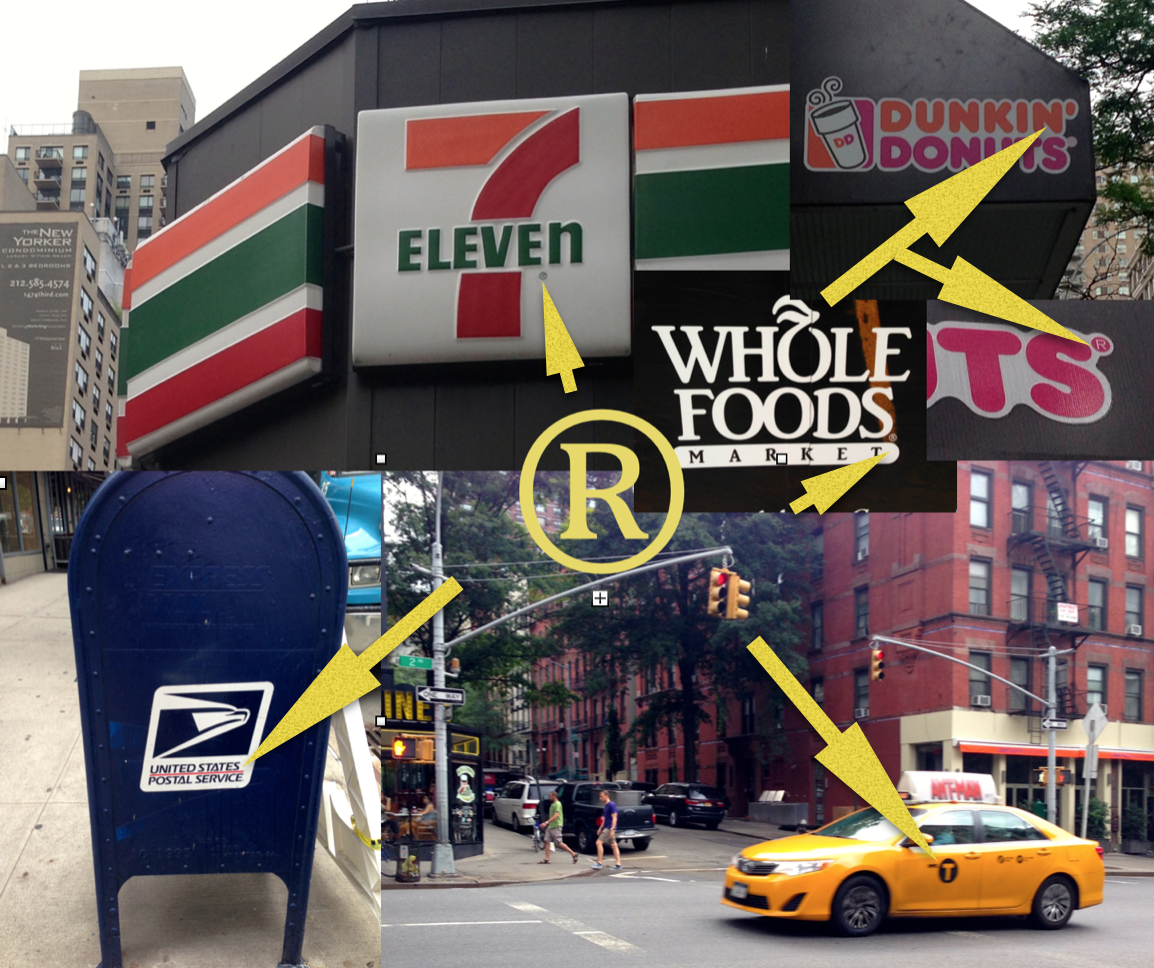Ahmad al-Faqi al-Mahdi pleaded guilty to charges of destroying ancient cultural artefacts in Timbuktu at the International Criminal Court (ICC) and begged forgiveness earlier this week. The case against him is considered to be landmark in convicting criminals for destroying ancient cultural sites. This is the first ever case of a suspect charged with war crimes against a World Heritage Site.
Politicians and the Government have been slow to crack on these evil acts, but experts believe the trial and subsequent pleading of Mr. Mahdi will bend in the right direction.
Mr. Mahdi said he had been caught in an evil wave during the civil war. He is accused of intentionally directing attacks against 14 mausoleums in the city of Timbuktu. The buildings were UNESCO World Heritage Sites that housed the tombs of Muslim Scholars saints since the 14th Century. Prosecutors hope that this case will draw attention to the increasingly destruction of cultural and religious sites carried out by the ISIS in Iraq and Syria.
Modern History is filled with cases of wartime destruction of cultural sites, from the leveling of Dresden to the destruction of giant Buddha Sculpture at Bamiyan. IS fighters burned down the Mosul library in Iraq last year as well as destroyed monuments at the Roman site of Palmyra in Syria.
Until now the ICC and other international courts have focused mainly on crimes against individuals, such as murder, rape and torture.
As per one senior legal adviser to Amnesty International, the crimes against individuals have an immediate impact while the consequences of cultural destruction is beyond the victims, it is an attack on people’s cultural identity.
According to Irina Bokova, the head of UNESCO, “The destruction of culture is a central element of a global strategy of hatred, the protection of such heritage – including by ending impunity for crimes – must … move to the forefront of peace building.”
For the people of Timbuktu, freed from Islamist Occupation by French troops in 2013, Mahdi’s trial is justification of the importance of their culture and the place these shrines hold, says Cynthia Schneider, a scholar of relations with the Islamic world and a former US ambassador.
Schneider is a co-director of the Timbuktu Resistance, a project which aims to foster peace unity and economic redevelopment in Timbuktu, where the economy has dried up after the destruction as the city’s main income was tourism.
UNESCO helped in rebuilding the tombs of the Sufi saints, who are believed in Timbuktu to protect the city against evil spirits.
Some Malians call this trial as the “trial of stones and earth” and question its significance as to them the world seems to be ignoring the executions, rapes and amputation of hands etc. Albeit, the destruction of shrines and monuments has become a distinctive feature of Islamic Extremism, with many statues, churches and tombs being attacked in Iraq, Syria and Afghanistan.
Although, the small mud shrines are not particularly architecturally beautiful but they are key to the identity of Timbuktu and to its economy.






